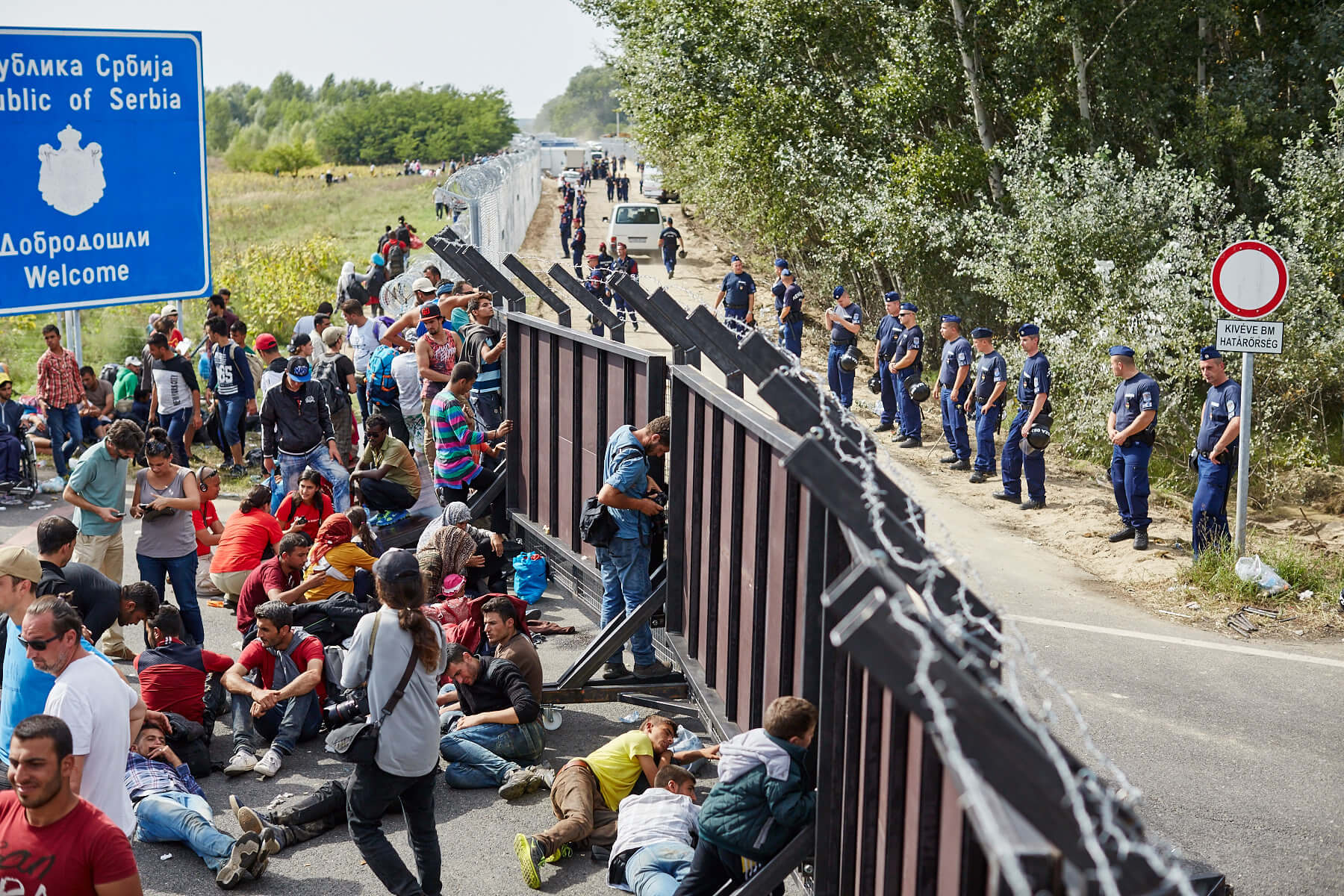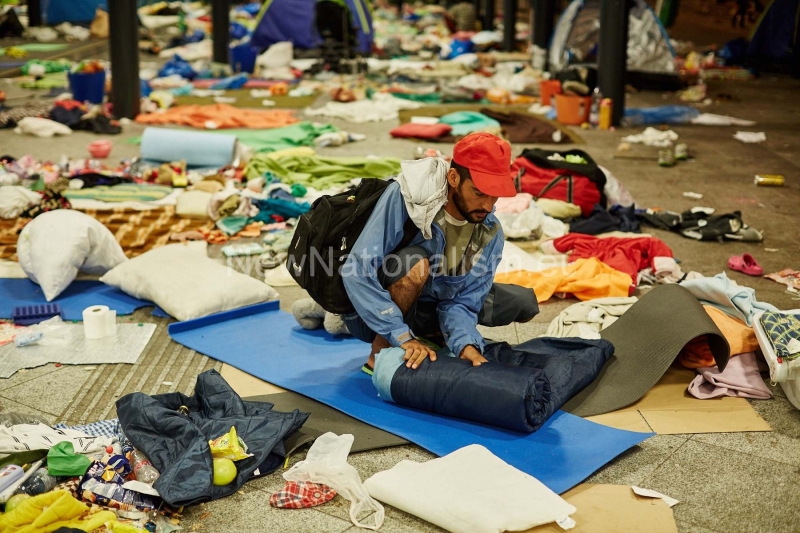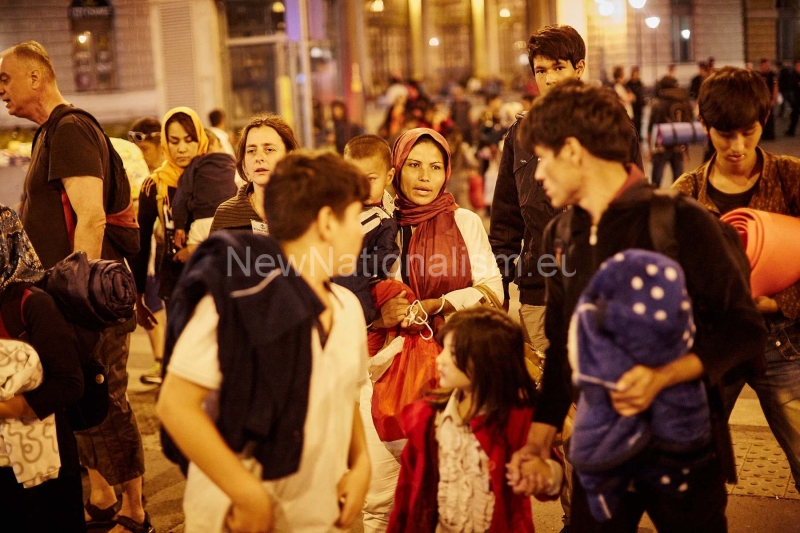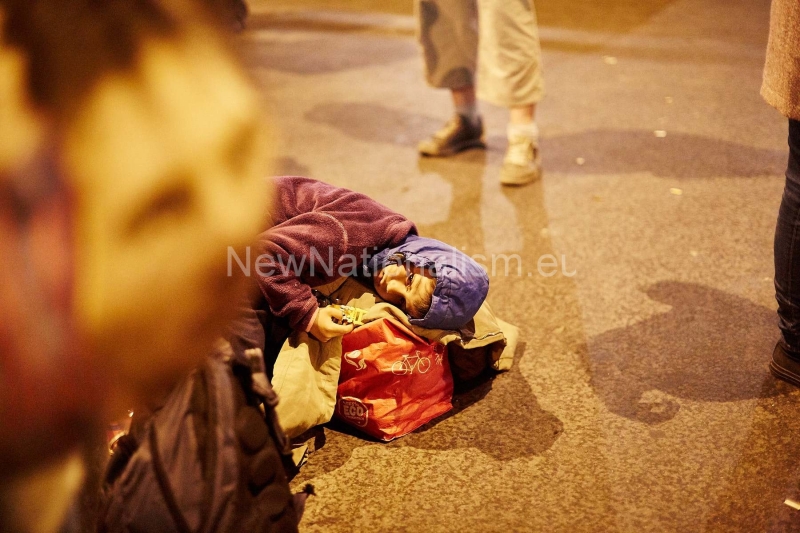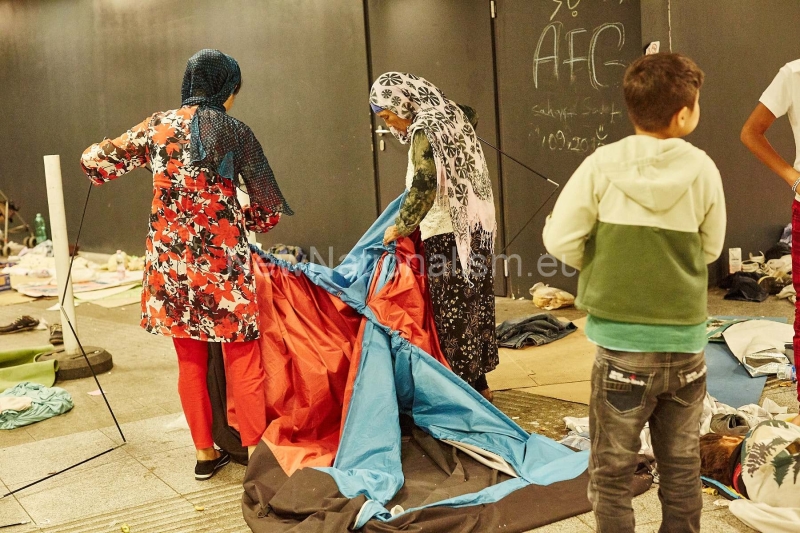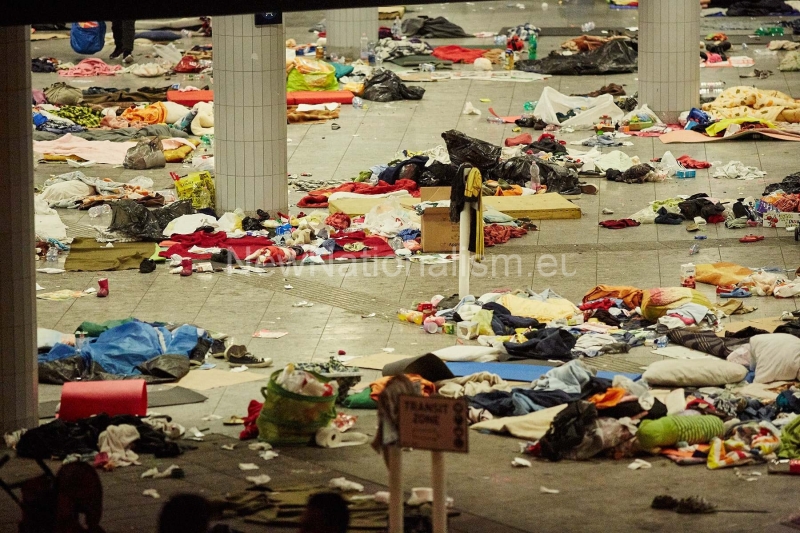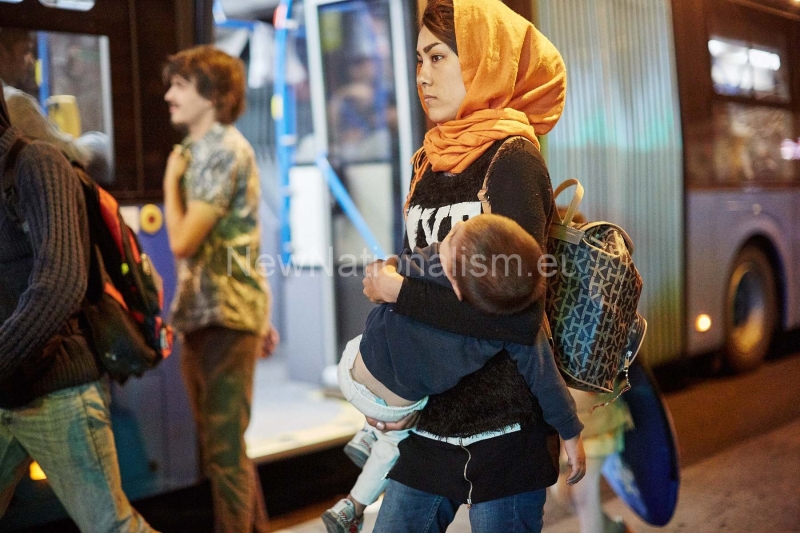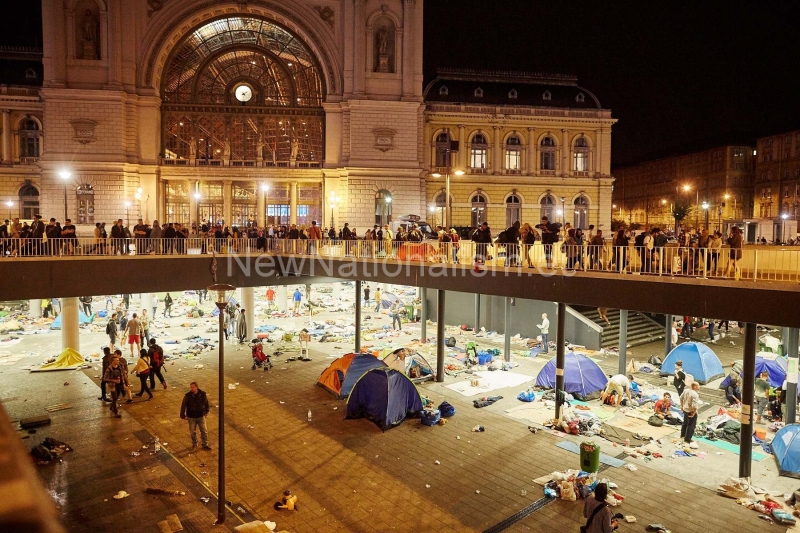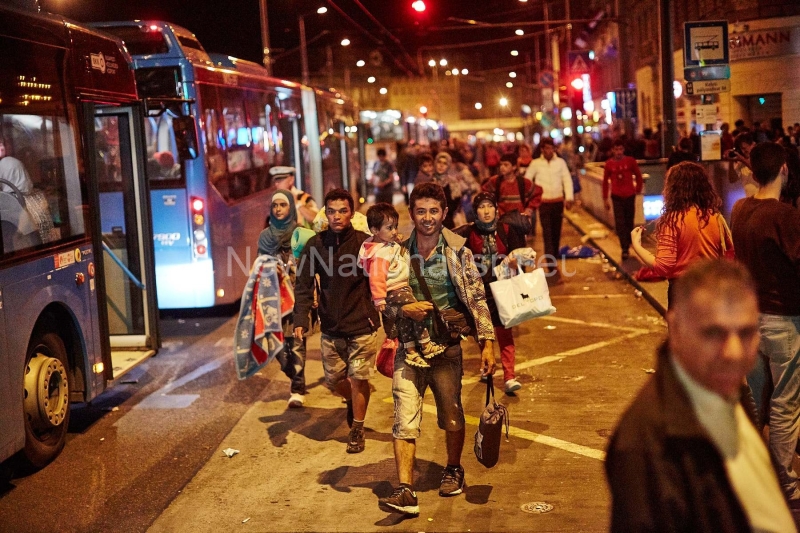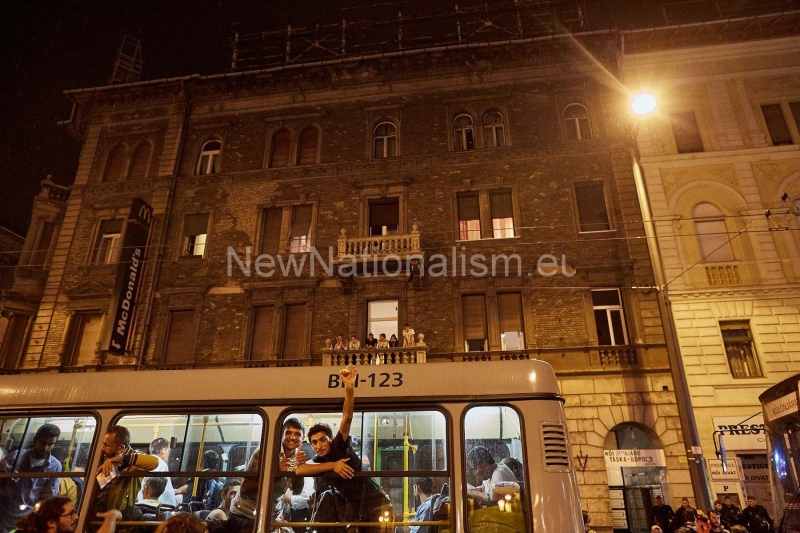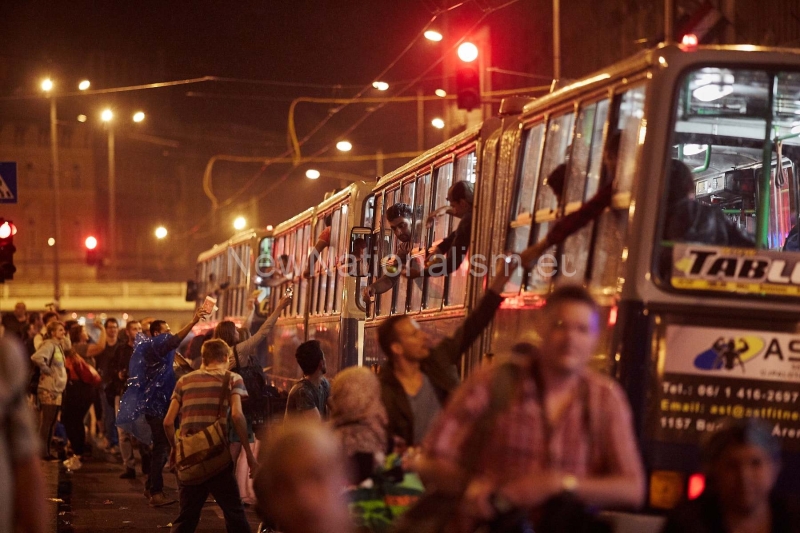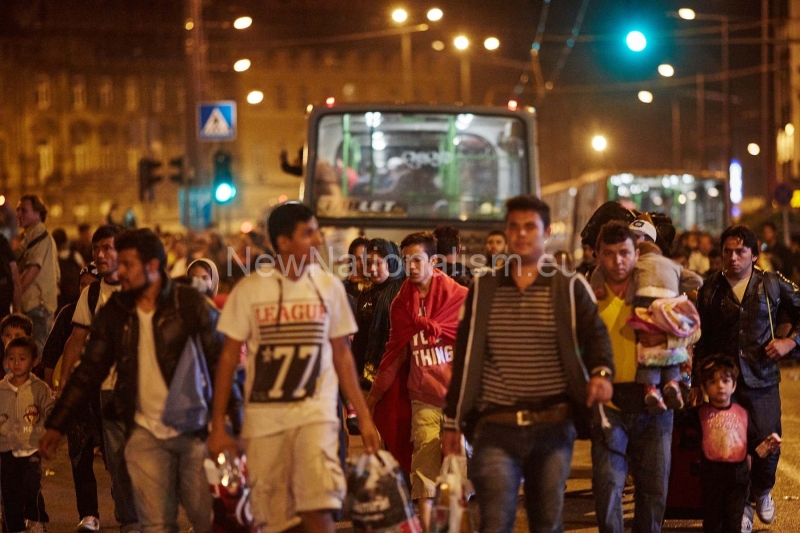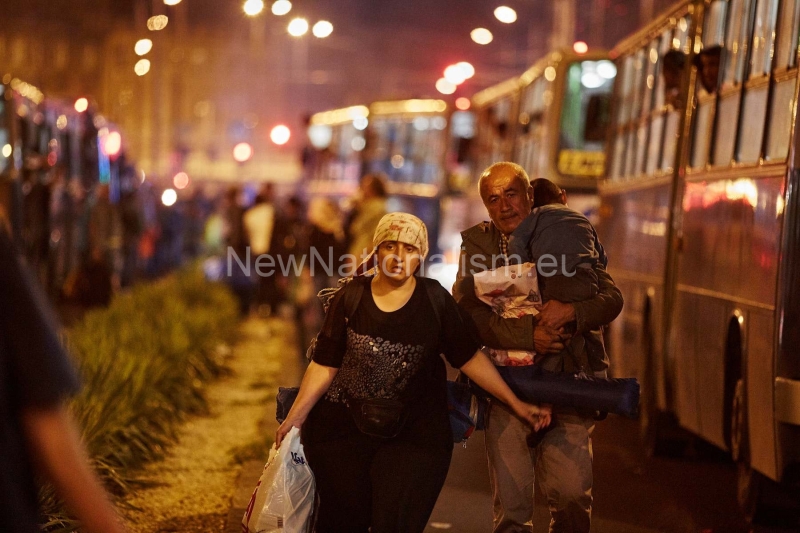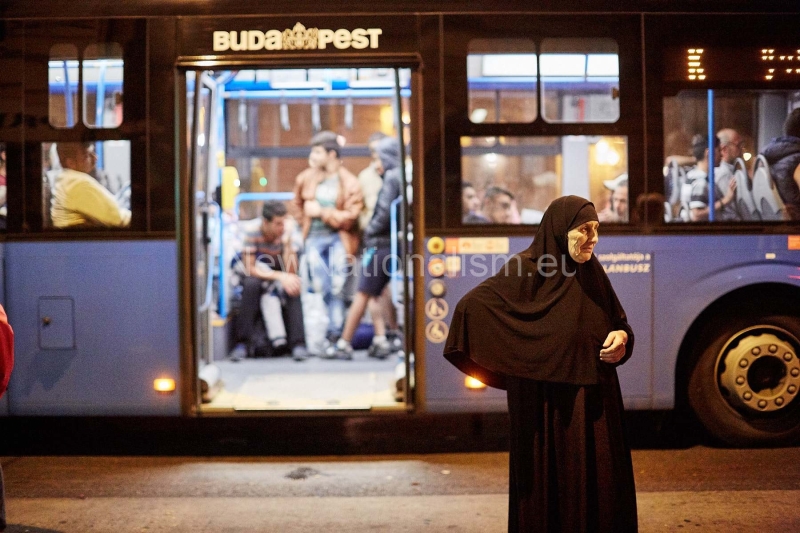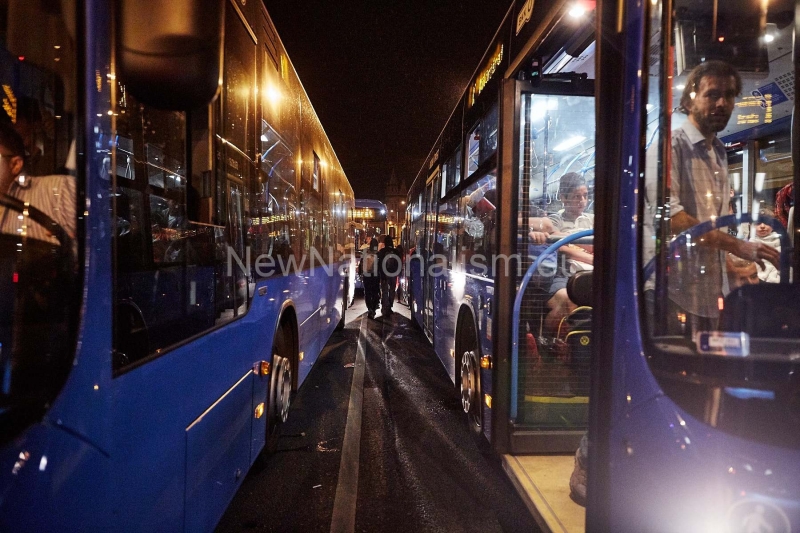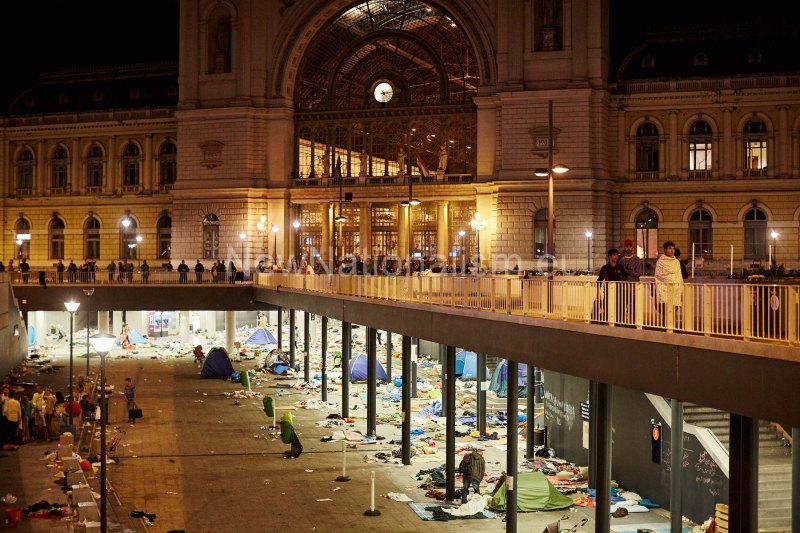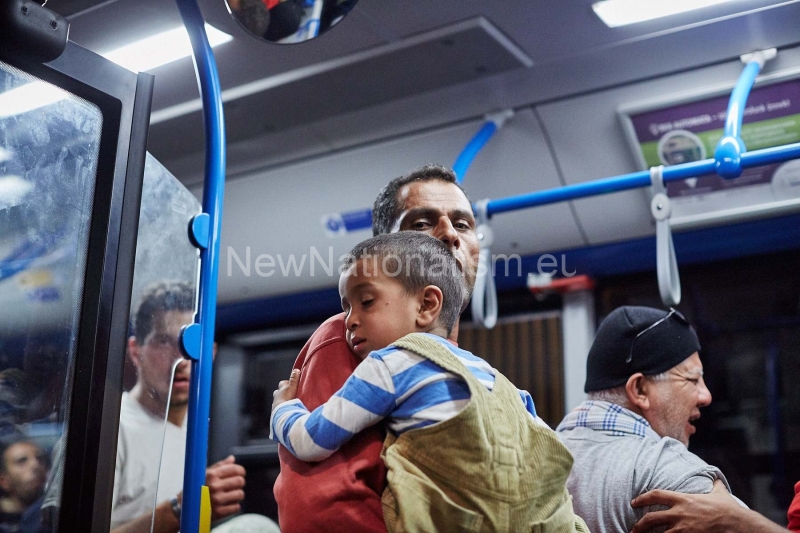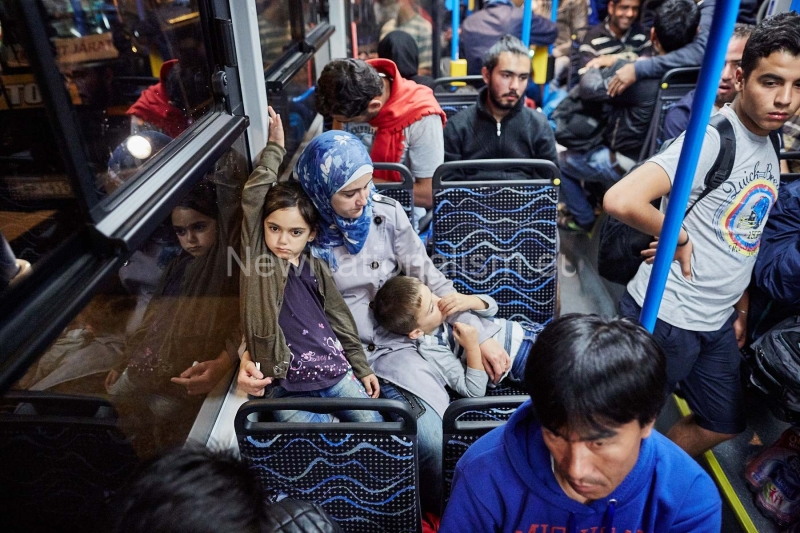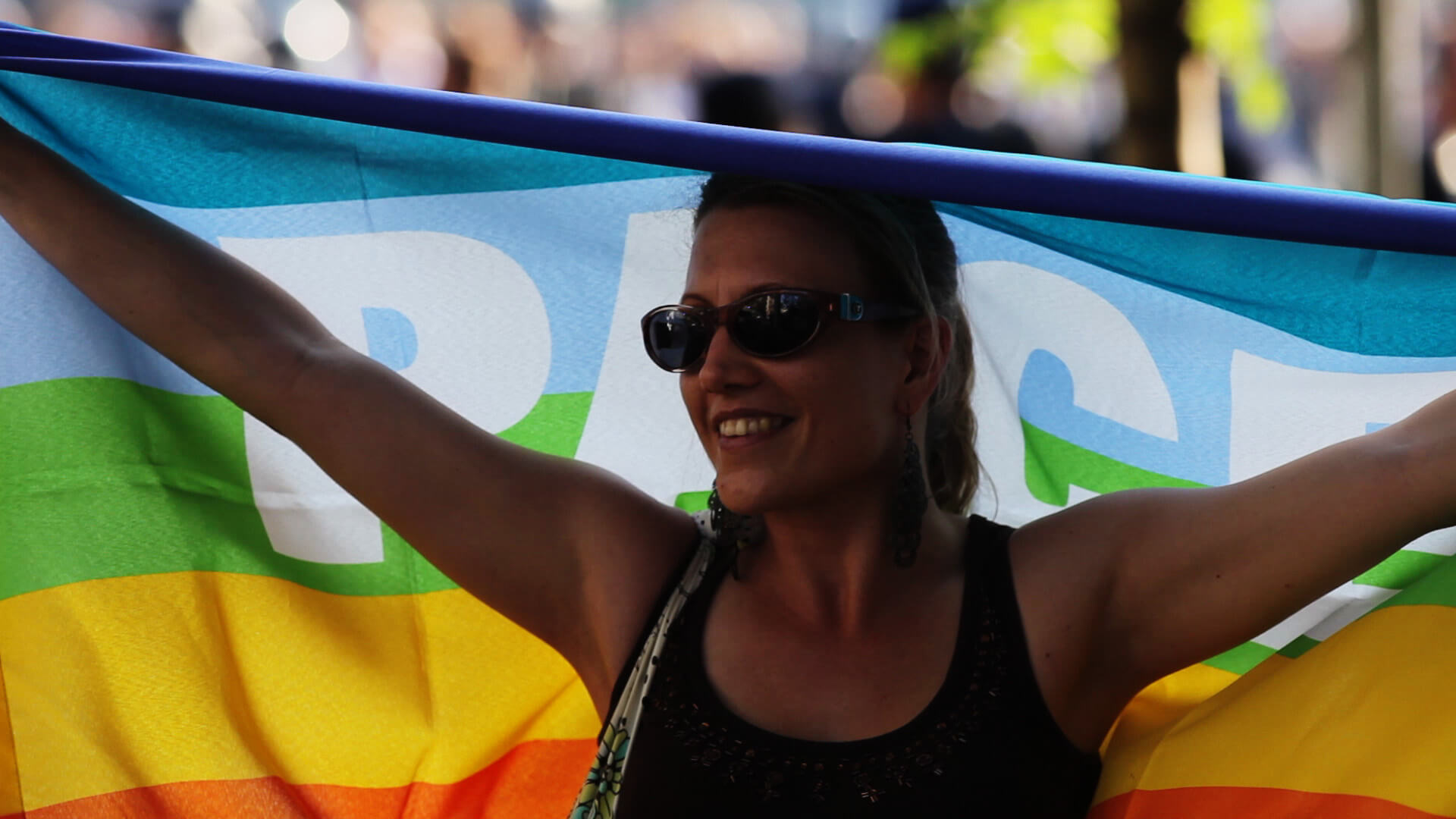In the summer of 2015, the area surrounding Budapest’s Keleti Railway Station became an unexpected and harrowing epicenter of the European refugee crisis. Thousands of refugees, primarily from Syria, Iraq, and Afghanistan, found themselves stranded at Keleti Station Square, transforming the area into a makeshift camp and a vivid illustration of the human toll of war and displacement.
As the number of refugees arriving in Budapest surged, the Hungarian government decided to suspend all international trains heading westward, leaving thousands of refugees trapped in limbo at Keleti Station Square. Many hoped to continue their journey to Western European countries such as Germany and Sweden, where they believed they would find better opportunities and more receptive asylum policies. However, with the suspension of train services and tightened border controls, these dreams were abruptly halted.
The refugees at Keleti Station Square faced dire living conditions, with minimal access to shelter, sanitation facilities, and medical care. Families with young children slept on the ground, using cardboard and thin blankets for bedding. Food, water, and hygiene supplies were scarce, leaving many to rely on the generosity of local volunteers, non-governmental organizations, and humanitarian groups that scrambled to provide assistance.
The situation at Keleti Station Square drew international attention, as images of the suffering and resilience of the refugees captured the hearts and minds of millions around the world. The Hungarian government faced widespread criticism for its handling of the crisis, prompting a debate on the need for a more coordinated and compassionate European response.
Eventually, the Hungarian authorities provided buses to transport the refugees to the Austrian border, allowing them to continue their journey toward their desired destinations. However, this move was only a temporary solution, and the challenges faced by the refugees at Keleti Station Square were merely a snapshot of the broader issues affecting millions of displaced individuals across Europe and the Middle East.
The events that unfolded at Keleti Station Square serve as a poignant reminder of the human suffering behind the statistics and political debates surrounding the refugee crisis. As Europe continues to grapple with the ongoing displacement of people from conflict-ridden regions, it is vital to prioritize the welfare of refugees and asylum-seekers and develop sustainable and compassionate policies that address the root causes of forced migration.
















